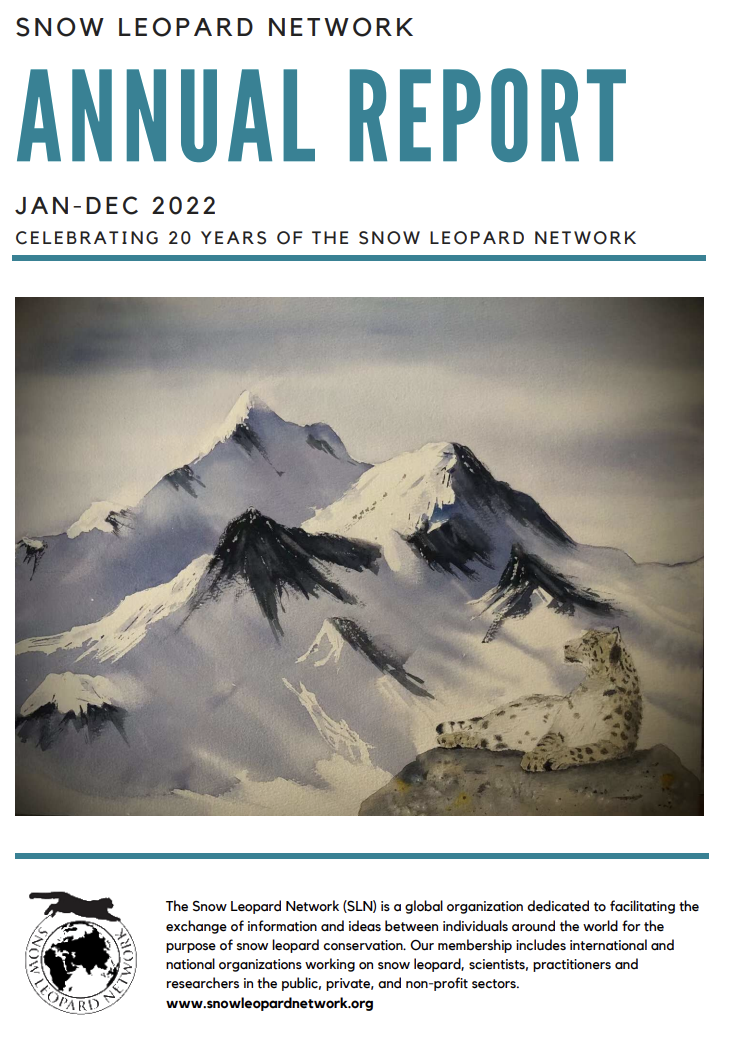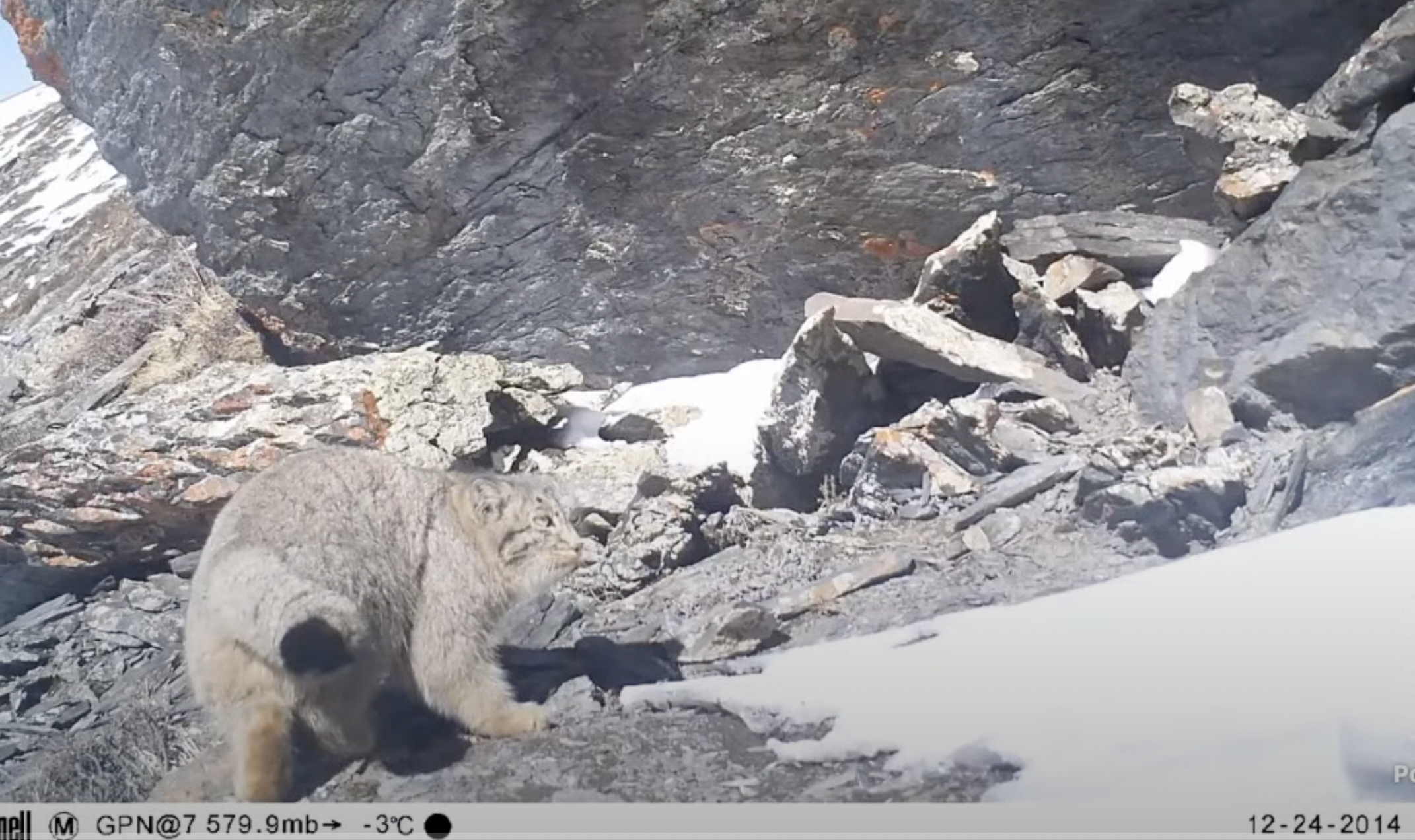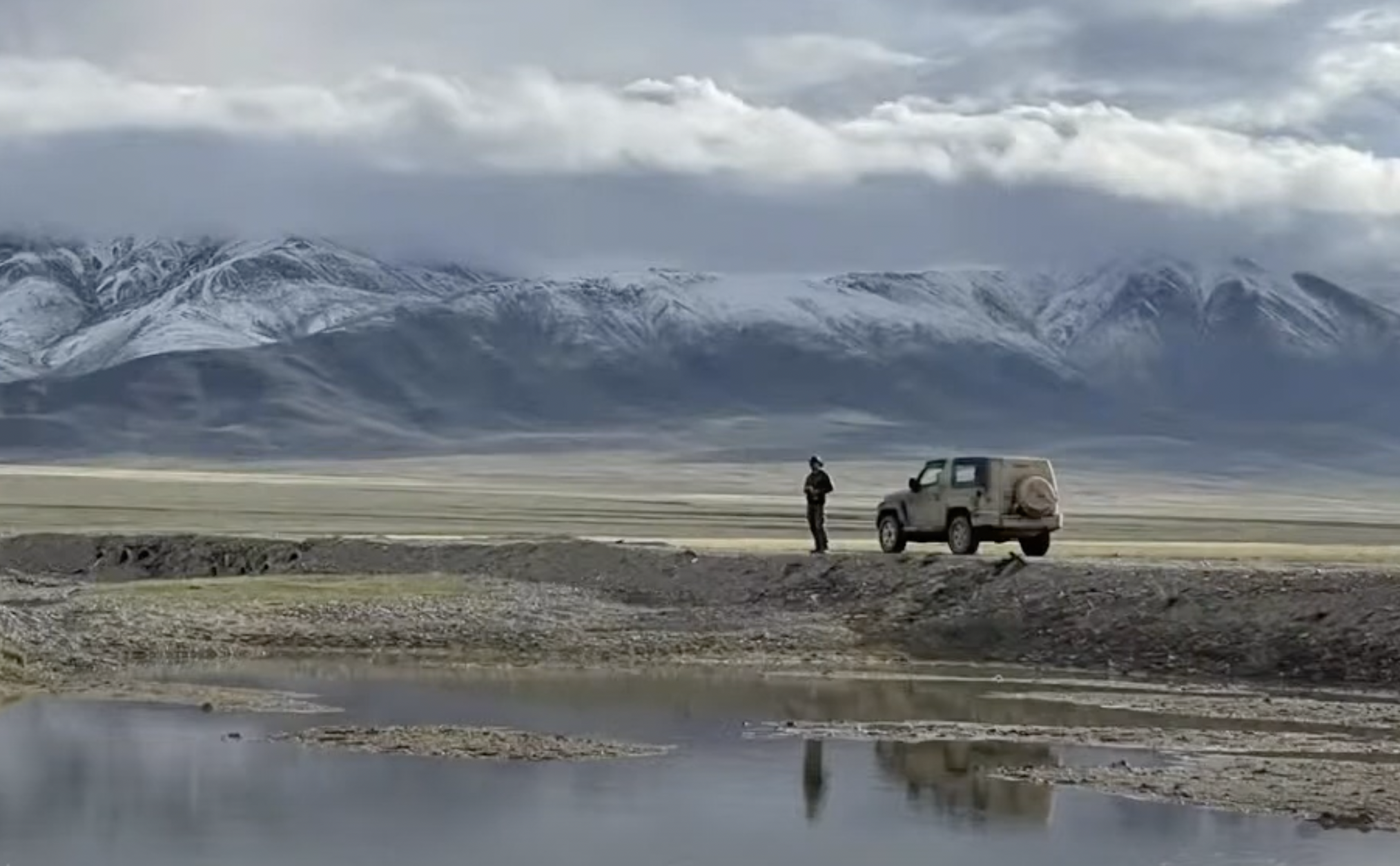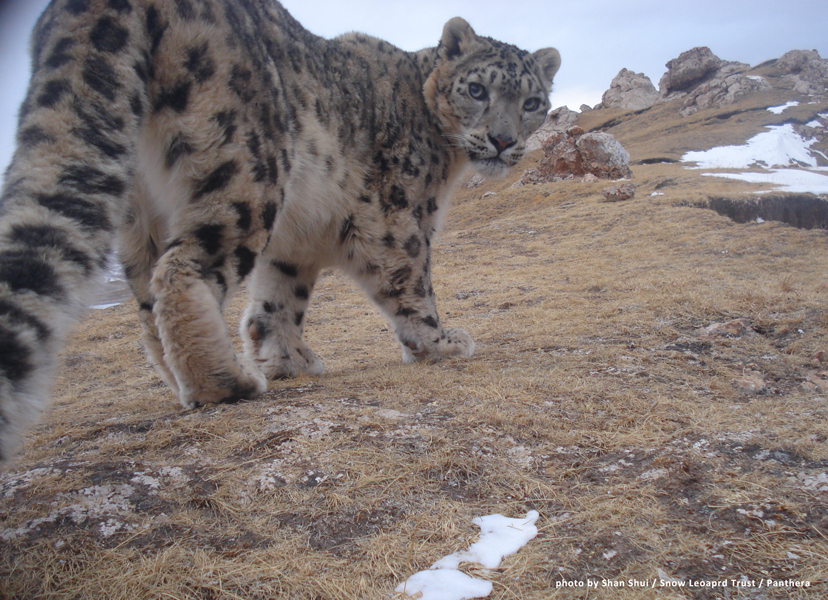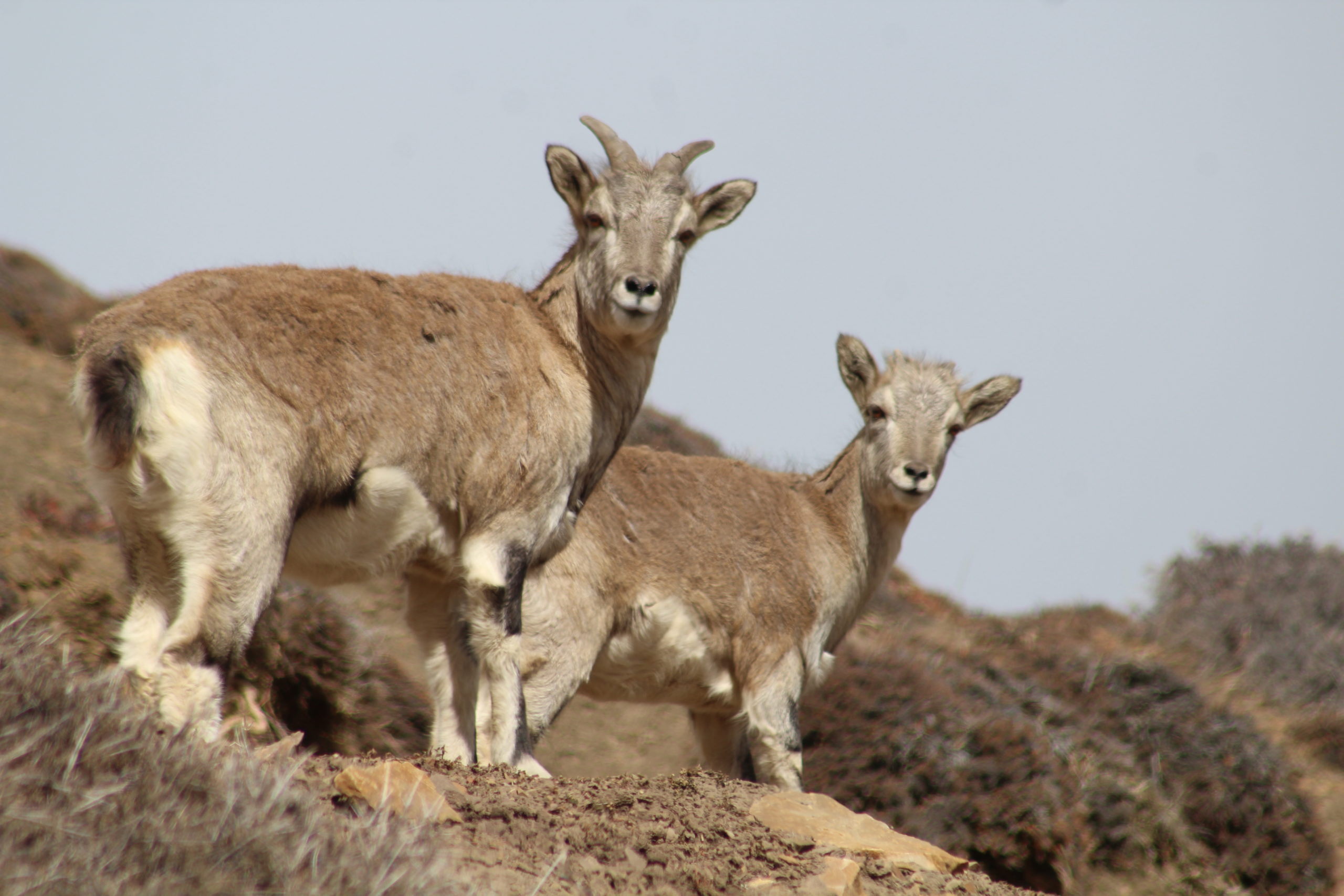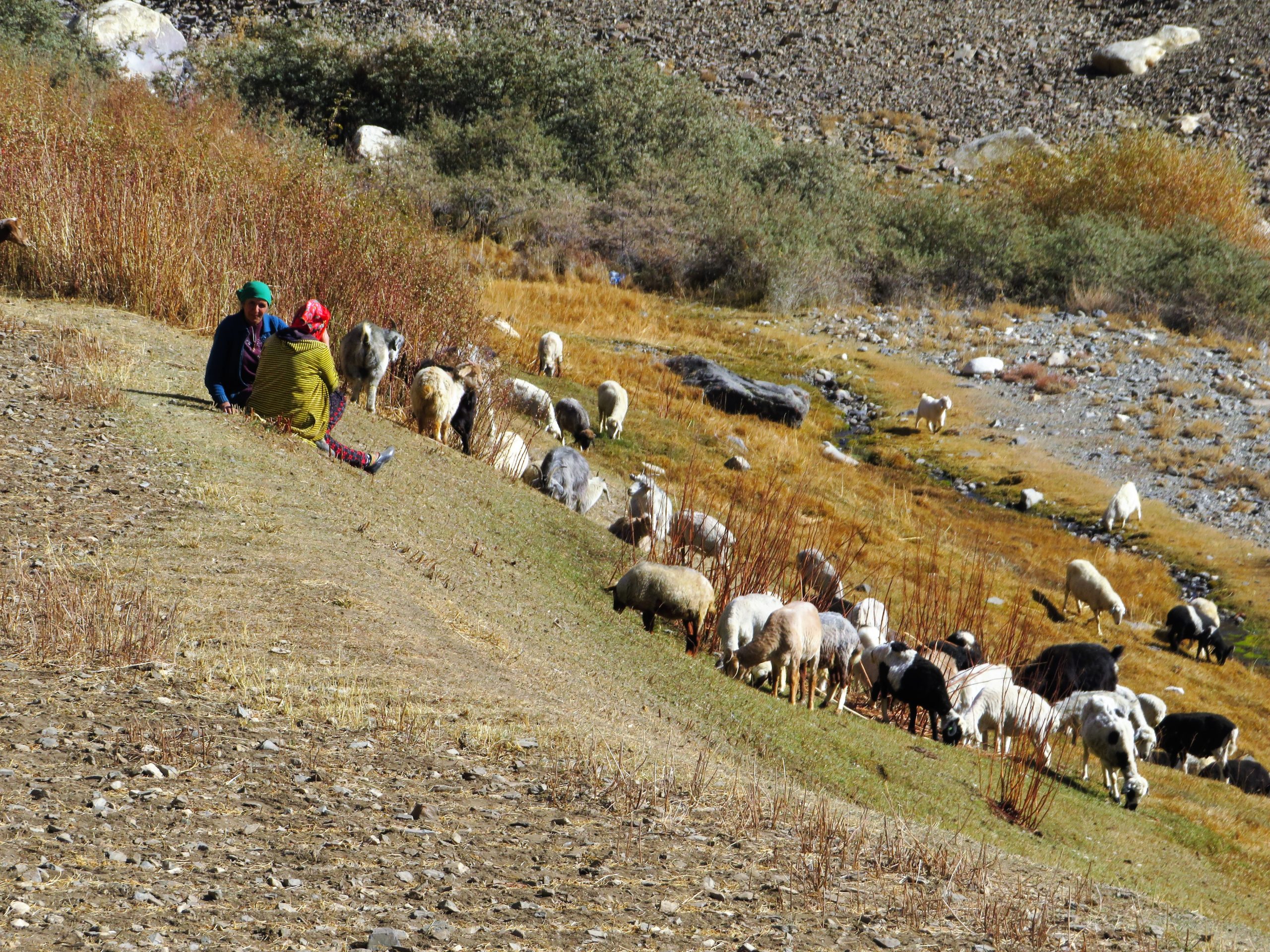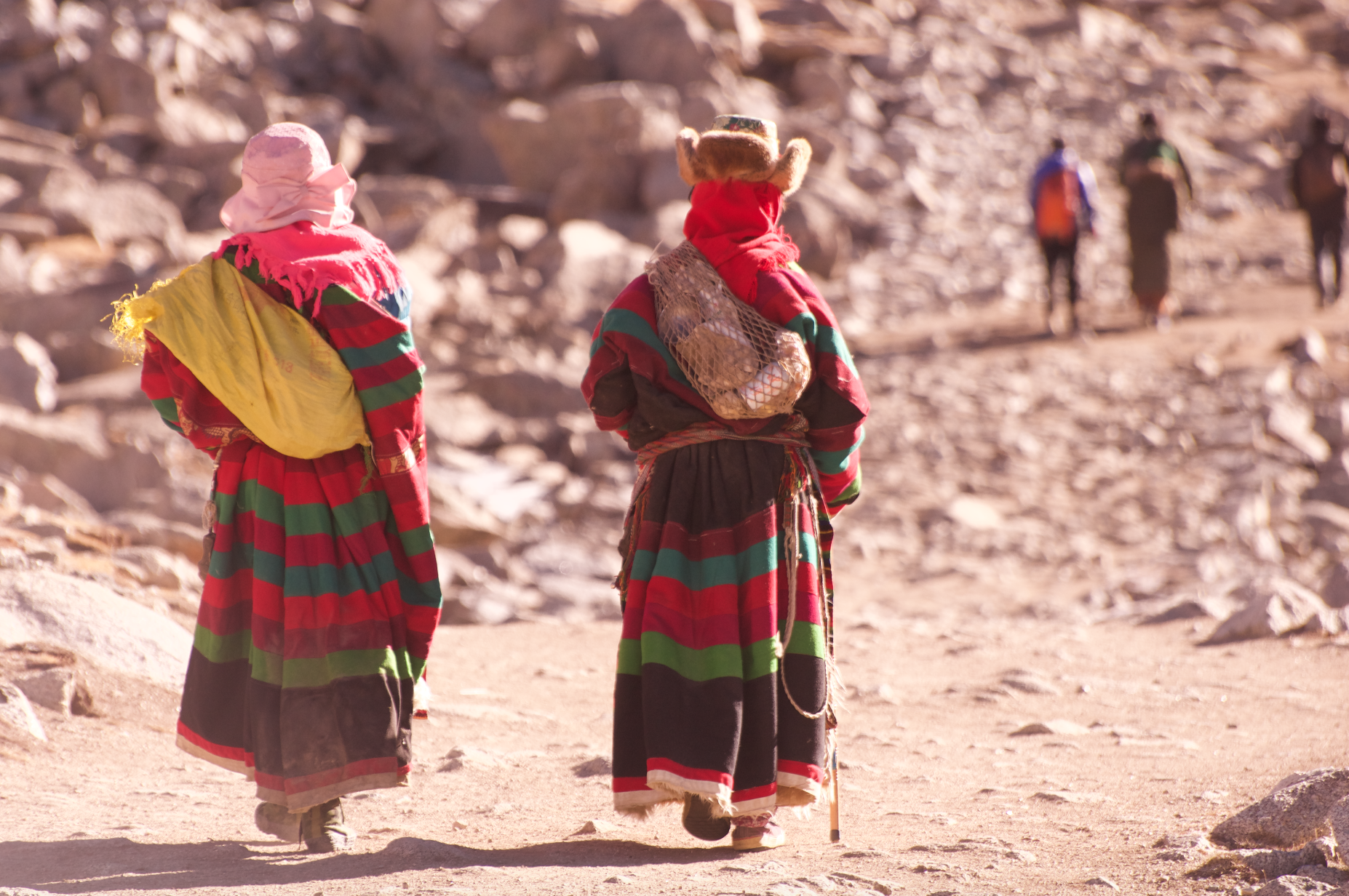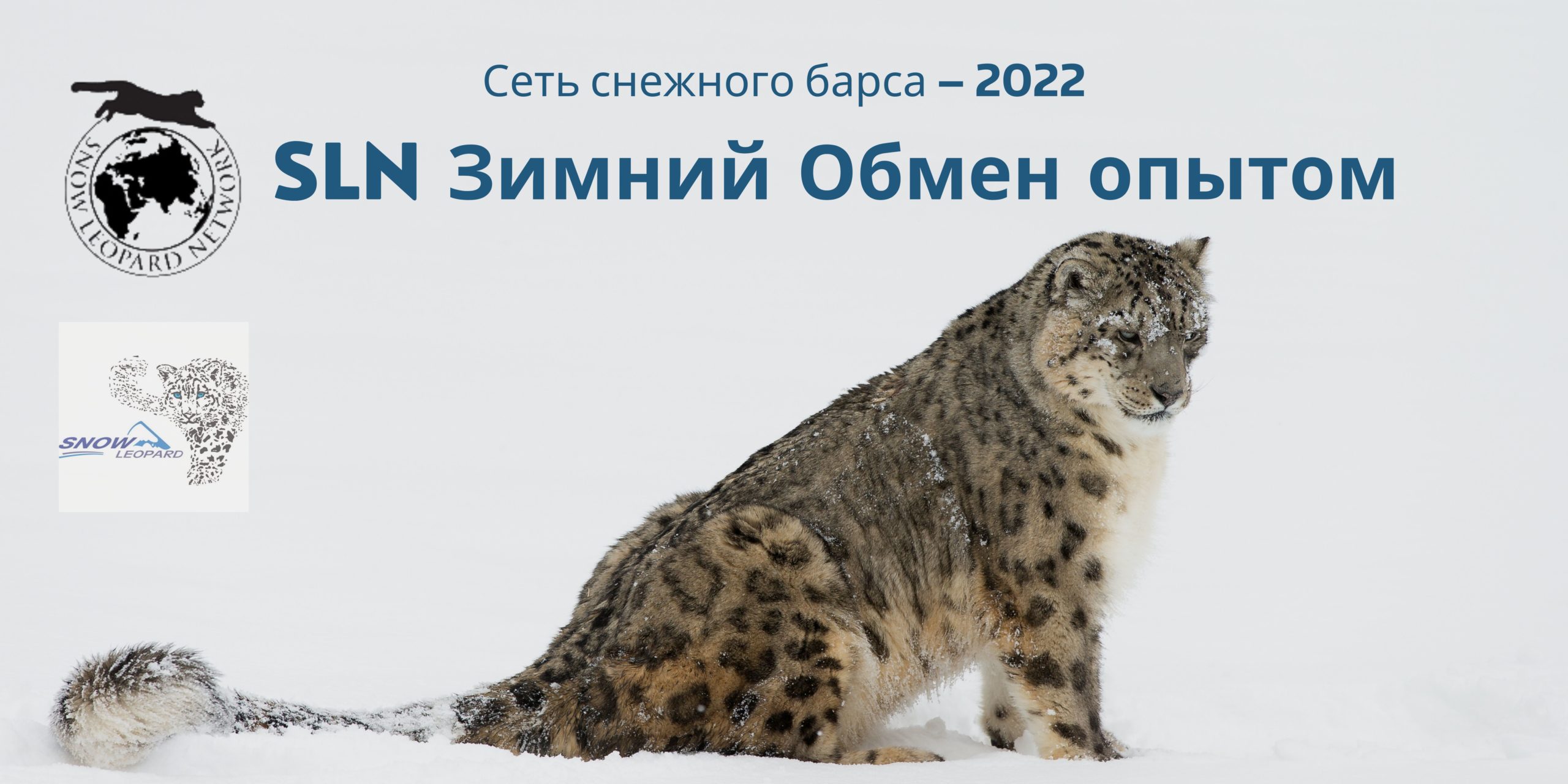
Добро пожаловать на Зимнюю встречу обмена опытом Сети Cнежного барса (Snow Leopard Network, SLN). Цель зимней программы обмена опытом SLN – собрать вместе исследователей и специалистов-практиков по сохранению снежного барса со всего мира и поделиться последними достижениями в области программ и исследований по сохранению снежного барса. Наши эксперты поделятся последними новостями из разных регионов Высокой Азии: мы будем путешествовать и встречаться с командами, работающими в Таджикистане, Непале, Китае, России и Кыргызстане. За каждым обзором и вдохновляющим выступлением последует период обсуждения, в ходе которого мы глубже изучим идеи, опираясь на опыт и знания группы. Все сессии будут проводиться с синхронным переводом на английском и русском языке.
Наша Ресурсная команда (Resource Team) – это индивидуальные и организационные члены Сети Снежного Барса, которые используют свои обширные знания и опыт. Мы очень признательны нашей команде консультантов за то, что нашли время, чтобы присоединиться к нам в это стремление, и мы с нетерпением ждем, когда члены сети воспользуются этой уникальной возможностью. Пожалуйста, передайте информацию всем заинтересованным лицам, поскольку эти занятия БЕСПЛАТНЫ и открыты для всех. Мы благодарим Глобальную программу по сохранению снежного барса и его экосистем (GSLEP) за поддержку, благодаря которой это мероприятие стало возможным. Зарегистрироваться до 20 ноября можно ЗДЕСЬ.

